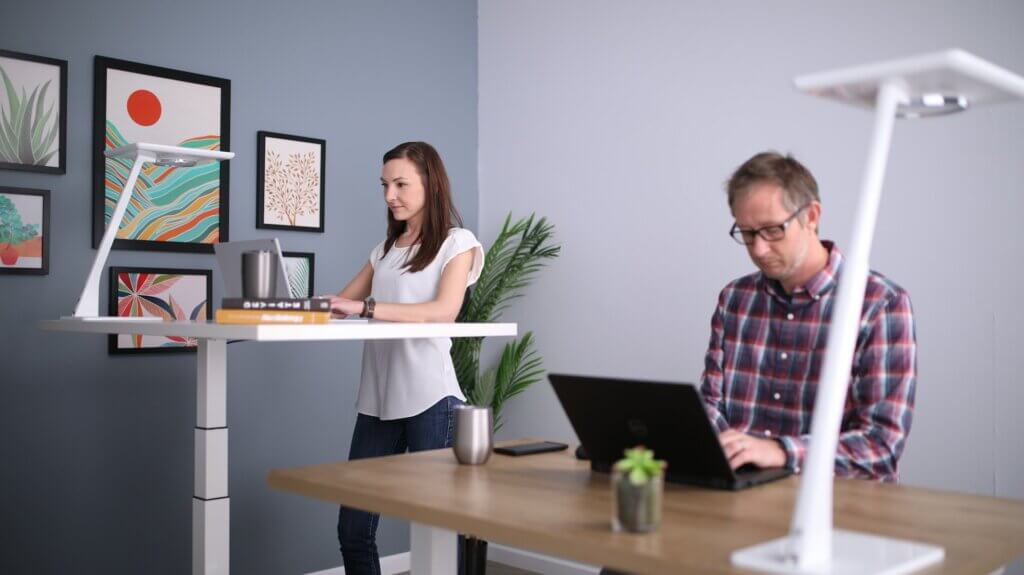LONDON — Engaging in any kind of activity is more beneficial for your heart than sitting around doing nothing, new research reveals. Interestingly, this “activity” can even include sleep!
A study by the British Heart Foundation (BHF) represents the first of its kind to examine the link between daily movement patterns and cardiovascular health. This represents the first findings to surface from the global Prospective Physical Activity, Sitting, and Sleep (ProPASS) consortium.
“The big takeaway from our research is that while small changes to how you move can have a positive effect on heart health, intensity of movement matters,” says Dr. Jo Blodgett, first author of the study from UCL Surgery & Interventional Science and the Institute of Sport, Exercise & Health, in a media release. “The most beneficial change we observed was replacing sitting with moderate to vigorous activity – which could be a run, a brisk walk, or stair climbing – basically any activity that raises your heart rate and makes you breathe faster, even for a minute or two.”
The study discovered that the greatest benefits to heart health came from time spent in moderate to vigorous activity, followed by lighter activity, standing, and then sleeping. Just five minutes of higher-intensity activity had a noticeable positive impact on heart health.
Simple modifications, such as opting for a standing desk over sitting, could contribute to heart health over the long term.

“Though it may come as no surprise that becoming more active is beneficial for heart health, what’s new in this study is considering a range of behaviors across the whole 24-hour day,” adds the joint senior author of the study, Professor Mark Hamer. “This approach will allow us to ultimately provide personalized recommendations to get people more active in ways that are appropriate for them.”
Heart health is critical as cardiovascular disease remains the leading cause of death worldwide, accounting for one in three deaths in 2021. The prevalence of cardiovascular disease has doubled since 1997.
“We already know that exercise can have real benefits for your cardiovascular health and this encouraging research shows that small adjustments to your daily routine could lower your chances of having a heart attack or stroke,” says BHF Associate Medical Director Professor James Leiper. “This study shows that replacing even a few minutes of sitting with a few minutes of moderate activity can improve your BMI, cholesterol, waist size, and have many more physical benefits.”
The researchers emphasize the importance of sustainable, enjoyable changes to one’s routine to promote lasting active habits. Suggestions include “activity snacks,” such as walking during phone calls or doing star jumps regularly throughout the day.
Just replacing half an hour of daily sedentary behavior with moderate to vigorous exercise can lead to significant physical changes like a one-inch reduction in waist size.
The findings come from six studies that evaluated 15,246 participants across five countries, employing wearable technology to track six health indicators.
“A key novelty of the ProPASS consortium is the use of wearable devices that better differentiate between types of physical activity and posture, allowing us to estimate the health effects of even subtle variations with greater precision,” adds Professor Emmanuel Stamatakis, a joint senior author of the study from the Charles Perkins Centre and Faculty of Medicine and Health at the University of Sydney.
The study is published in the European Heart Journal.
You might also be interested in:
- Idle living: 1 in 4 adults admit they lead a sedentary lifestyle
- Don’t snooze on this! Study reveals mild sleep deprivation could cause heart disease
- Just 5 minutes of movement every hour can undo harms from inactivity
- Best Fitness Trackers For 2024: Top 5 Wearable Tech Devices Recommended By Experts
South West News Service writer Isobel Williams contributed to this report.


So I do kicks while sitting and also simulated biking, it does raise my pulse, is that better than nothing?
Great! No, I have to be even more stressed about not being able to get a good nights sleep. What are we supposed to do when we can’t sleep and nothing helps? Even sleeping medication‘s are not that helpful or dangerous. I’m tired of studies like this that don’t give ample solutions for getting a good nights rest! Solutions please…